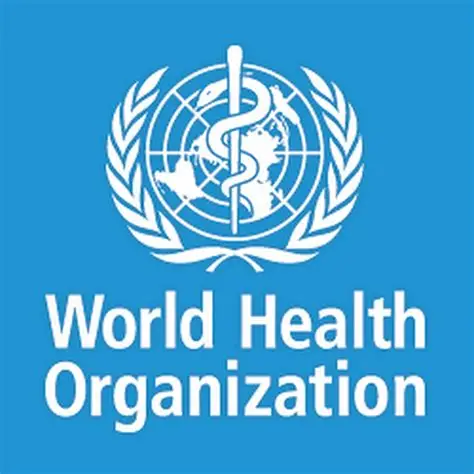Global Hunger Declines, but Crisis Deepens in Africa and Western Asia as UN Warns of Uneven Recovery
Global hunger rates have declined slightly in 2024, but the crisis is worsening in Africa and western Asia, threatening progress towards ending hunger by 2030. This is according to the 2025 edition of The State of Food Security and Nutrition in the World (SOFI) report, launched at the Second UN Food Systems Summit Stocktake (UNFSS+4) in Addis Ababa. The report was jointly published by five UN agencies: FAO, IFAD, UNICEF, WFP, and WHO.
The report shows that 8.2 percent of the world’s population, or 673 million people, experienced hunger in 2024. This marks a decrease from 8.5 percent in 2023 and 8.7 percent in 2022, meaning 15 million fewer people went hungry in the past year. Despite this progress, hunger levels remain higher than before the COVID-19 pandemic and improvements have not been evenly spread across the globe.
Africa and western Asia are the only regions where hunger is rising. More than 307 million people in Africa, over 20 percent of the population, faced hunger in 2024. In western Asia, hunger affected 12.7 percent of the population, or more than 39 million people. If this trend continues, 512 million people could still be undernourished by 2030, with Africa accounting for nearly 60 percent of that figure.
In contrast, some regions have seen notable progress. In southern Asia, undernourishment dropped from 7.9 percent in 2022 to 6.7 percent in 2024, with 323 million people still affected. Latin America and the Caribbean also improved, with undernourishment declining to 5.1 percent in 2024, down from a peak of 6.1 percent in 2020.
A central theme of this year’s report is the impact of food inflation between 2021 and 2023. The rise in prices was driven by COVID-19 recovery efforts, the war in Ukraine, and climate-related disasters. As a result, global food price inflation outpaced overall inflation, peaking at 13.6 percent in January 2023. In low-income countries, food inflation reached 30 percent in May 2023, severely affecting affordability and access to nutritious food.
The number of people unable to afford a healthy diet dropped from 2.76 billion in 2019 to 2.60 billion in 2024 globally. However, the trend is not positive in all regions. In low-income countries, the number rose from 464 million in 2019 to 545 million in 2024. In lower-middle-income countries (excluding India), the number increased dramatically from 79 million to 869 million.
Nutrition indicators show mixed progress. Stunting among children under five declined from 26.4 percent in 2012 to 23.2 percent in 2024. Child wasting decreased slightly to 6.6 percent. Exclusive breastfeeding for infants under six months improved from 37.0 percent in 2012 to 47.8 percent in 2023.
However, child overweight remains unchanged at 5.5 percent, and adult obesity rose from 12.1 percent in 2012 to 15.8 percent in 2022. Anaemia in women aged 15 to 49 increased from 27.6 percent in 2012 to 30.7 percent in 2023. New data shows that only one in three children aged 6 to 23 months and two in three women of reproductive age meet minimum dietary diversity standards.
The report calls for a mix of targeted policies and investments to reduce food insecurity. It recommends time-bound fiscal measures such as social protection for vulnerable households, clear and consistent monetary policies to manage inflation, and long-term investment in agricultural research, infrastructure, and food system data.
UN leaders have emphasized the urgency of taking coordinated action. FAO Director-General QU Dongyu acknowledged the global decline in hunger but stressed the need to address regional imbalances. IFAD President Alvaro Lario called for increased investments in rural development.
UNICEF Executive Director Catherine Russell warned that food inflation threatens children’s nutrition. WFP Executive Director Cindy McCain said hunger remains alarmingly high while funding is declining.
WHO Director-General Dr Tedros Adhanom Ghebreyesus pointed to the need to close gaps in diet quality and nutrition, especially among children and women.
The SOFI report remains a critical global reference for tracking progress toward ending hunger and improving nutrition. It provides evidence-based insights to guide governments, donors, and international partners in building more resilient and equitable food systems.



